Description
Understand the Risks and Explore Safer Alternatives
- Choke chain collars, also known as slip chains, correction chains, or check chains, are collars that are made from a continuous loop.
- These collars tighten around a dog’s neck when pulled on, which some people believe makes them effective training tools.
- However, choke chains can cause harm and discomfort to dogs.
- Let’s explore how they operate and the potential risks they pose.
How Choke Chains Operate:
- Design of a choke chain collar is like a loop, usually made of metal links or nylon.
- When not taut, it easily slides through to create a loose collar around the dog’s neck.
- But when a leash is connected and the dog pulls, the loop tightens around the dog’s neck, limiting airflow and causing discomfort.
Potential Risks Associated with Choke Chains:
- Choke chains can cause discomfort and coughing in dogs by irritating their throat, leading to difficulty breathing when they pull.
- The constant pressure from a choke chain can also result in damage to the dog’s trachea and surrounding tissues.
- In extreme cases, the pressure on the neck can even cause eye injuries such as bulging eyes or glaucoma.
- The choking sensation can be stressful and frightening for dogs, hindering training and creating negative associations.
Exploring Safer Alternatives for Dog Training:
Fortunately, there are many effective and humane training methods available.
Here are some alternatives to consider:
- Harnesses distribute pressure evenly across the dog’s chest and shoulders.
- As a result reduces the strain on the neck and providing a more comfortable walking experience.
- It is important to consult a professional trainer before using a head collar, as proper introduction and fitting are crucial to avoid discomfort.
- Head collars can be effective for some dogs, but it is essential to ensure to use them correctly to prevent any potential issues.
- In positive reinforcement training, you reward your dog’s good behavior with treats, praise, or toys.
- This positive and stress-free method of training strengthens the bond between you and your furry companion, building trust and fostering a happy relationship.
Finding the Right Collar for Your Dog:
- The best collar for your dog depends on their breed, size, and temperament.
- To ensure the safest and most effective collar for your furry friend, consider consulting a professional trainer or veterinarian.
- They can provide personalized advice based on your dog’s individual needs.
Visit for more details D For Dog
More Dog Items you may like to Purchase

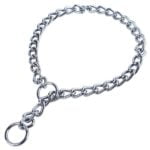
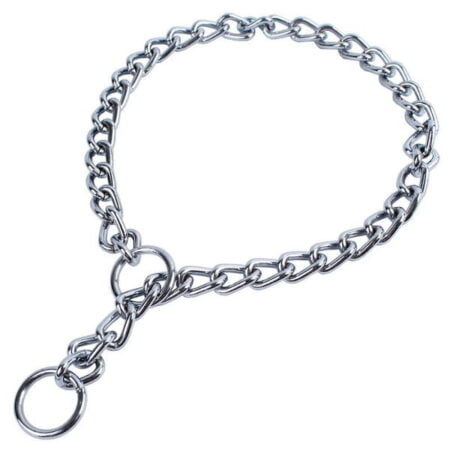
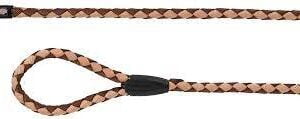
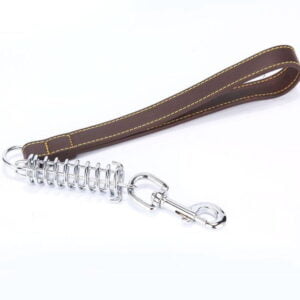
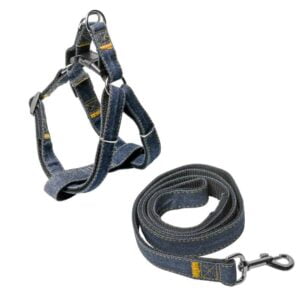
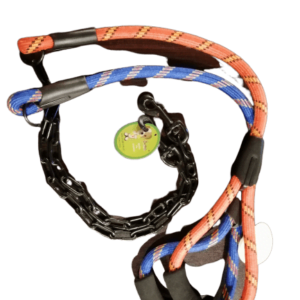
Reviews
There are no reviews yet.